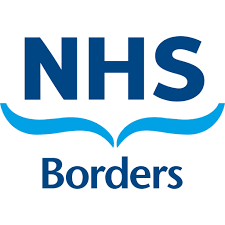ISD Scotland defines boarding as a ‘Patient who occupies a borrowed bed outwith speciality is described as boarding’
NHS Borders recognises that boarding patients results in reduced quality of care and has negative outcomes for patients. Evidence shows that patients experience:
- poor patient experience;
- increased length of stay;
- increased readmissions;
- increased medication omissions;
- increased morbidity and mortality
However, at times of high patient admissions and exceptional bed pressures, it may be necessary to board appropriately risk assessed patients to reduce the overall risk.
Communication
Senior Charge Nurses (SCN), senior medical staff, and Clinical Nurse Managers will disseminate this standard operation procedure within their areas of responsibility.
Definitions
A boarding patient is a patient who is accommodated in an area outwith the speciality responsible for their care.
Precautions
To enable appropriate boarding of patients it is necessary to complete the risk assessment form to meet the required criteria of the receiving ward.
